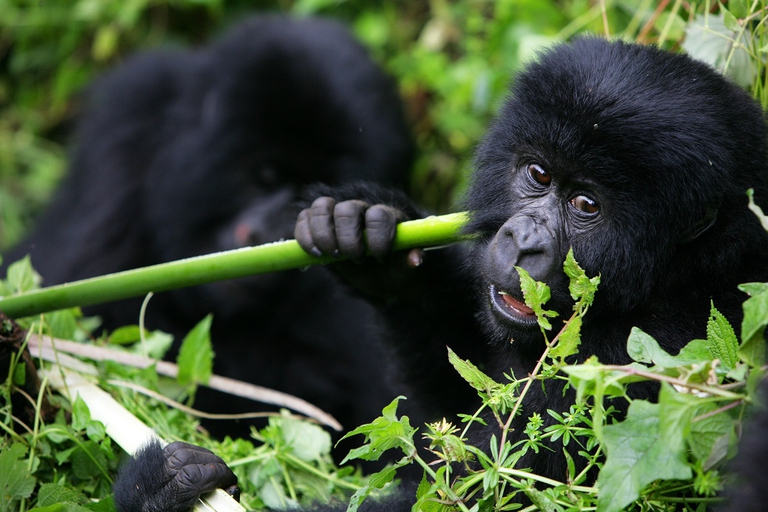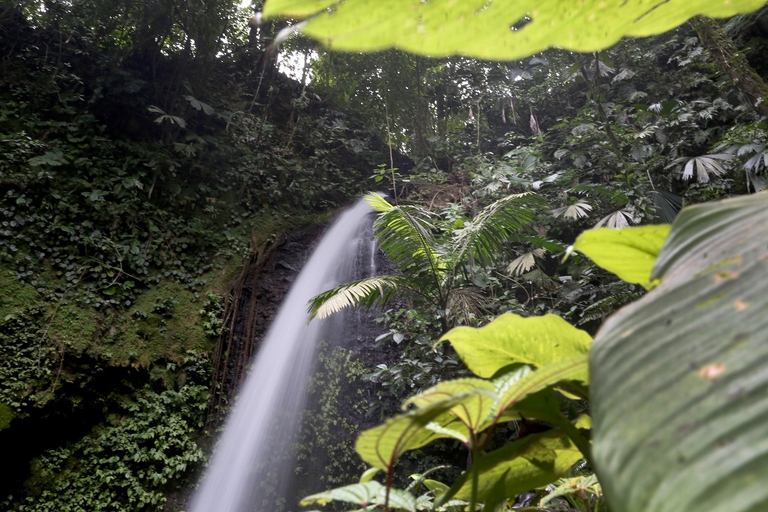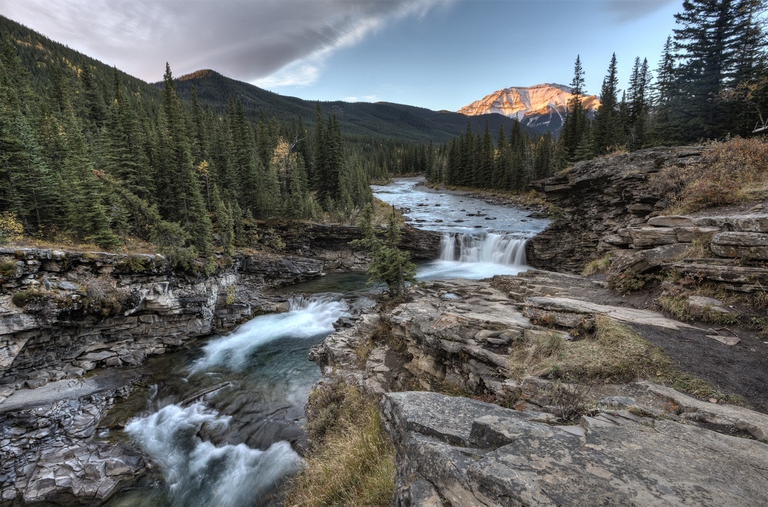
South African court dismisses a major lawsuit by 140,000 Zambian women and children against Anglo American for Kabwe lead poisoning. A setback for affected communities enduring the lasting impact of lead contamination.
‘Home’ can mean a number of things according to each of us but ultimately it evokes a sense of safety and well-being. It’s an ancestral space where our memories and experiences lie. Planet Earth is our home. It’s the place where our species took its first steps, and evolved throughout millennia. World Environment Day Unlike any other animal species we
‘Home’ can mean a number of things according to each of us but ultimately it evokes a sense of safety and well-being. It’s an ancestral space where our memories and experiences lie. Planet Earth is our home. It’s the place where our species took its first steps, and evolved throughout millennia.
Unlike any other animal species we share the planet with, humans demand more than the environment can provide, leading to its inevitable destruction. A WWF study shows how the world’s wildlife is ever more threatened: two thirds of the animal species could become extinct over the next four years. No other species had such an impact as Homo sapiens, which heavily altered life on Earth in no time becoming protagonist of the sixth extinction and modifying irreversibly the climate and chemical balance of the atmosphere and the oceans. With the objective of stirring our consciences, World Environment Day (WED), instituted by the United Nations in 1972, is celebrated on the 5th of June.
The 5th of June marks the first important international summit on the environment: the United Nations Conference on the Human Environment, held in Stockholm, Sweden, in June 1972. That meeting allowed the creation of the United Nations Environment Programme (UNEP). World Environment Day aims to increase people’s awareness on the importance of the environment, and promote good practices able to generate an exponentially positive impact on our planet.
The 2017 edition, under the slogan Connecting People with Nature, aims to highlight the crucial role we play in protecting the Planet, to which we are closely linked and depend on. World Environment Day represents an occasion to strengthen our relationship with the environment, discovering its fragile beauty and commiting to safeguarding it through small daily actions.
This year’s official celebrations will take place in Canada, which has been elected the host of 2017. Canada, thanks to its incredible natural heritage, is a perfect example of how conservation and economic growth can, and should, go hand in hand. In fact, Canada’s natural resources support the country’s economic development thanks to tourism and a sustainable use of resources. World Environment Day is also an important part of the celebrations for the 150th anniversary of the country. On that occasion, Canada announced that its 47 national parks will be free of charge for the hole of 2017.
Siamo anche su WhatsApp. Segui il canale ufficiale LifeGate per restare aggiornata, aggiornato sulle ultime notizie e sulle nostre attività.
![]()
Quest'opera è distribuita con Licenza Creative Commons Attribuzione - Non commerciale - Non opere derivate 4.0 Internazionale.
South African court dismisses a major lawsuit by 140,000 Zambian women and children against Anglo American for Kabwe lead poisoning. A setback for affected communities enduring the lasting impact of lead contamination.
Controversial African land deals by Blue Carbon face skepticism regarding their environmental impact and doubts about the company’s track record, raising concerns about potential divergence from authentic environmental initiatives.
Majuli, the world’s largest river island in Assam State of India is quickly disappearing into the Brahmaputra river due to soil erosion.
Food imported into the EU aren’t subject to the same production standards as European food. The introduction of mirror clauses would ensure reciprocity while also encouraging the agroecological transition.
Sikkim is a hilly State in north-east India. Surrounded by villages that attracts outsiders thanks to its soothing calmness and natural beauty.
Sikkim, one of the smallest states in India has made it mandatory for new mothers to plant saplings and protect them like their children to save environment
Chilekwa Mumba is a Zambian is an environmental activist and community organizer. He is known for having organized a successful lawsuit against UK-based mining companies.
What led to the Fukushima water release, and what are the impacts of one of the most controversial decisions of the post-nuclear disaster clean-up effort?
Nzambi Matee is a Kenyan engineer who produces sustainable low-cost construction materials made of recycled plastic waste with the aim of addressing plastic pollution and affordable housing.










